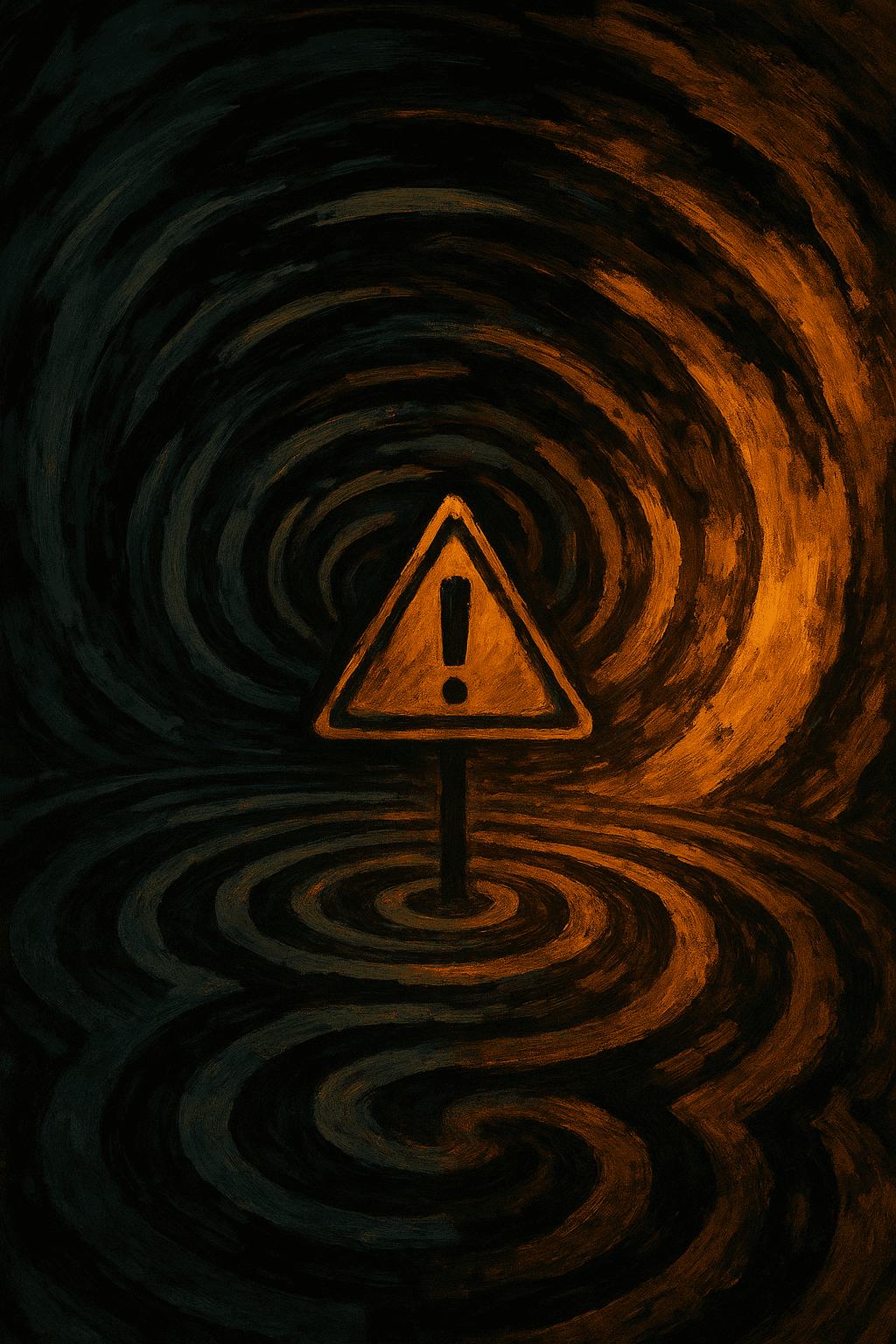Shadow work sometimes gets a reputation for being risky because it asks you to look at the parts of yourself you have pushed out of awareness. In reality, the practice is generally safe as long as you approach it with care. Shadow work can feel uncomfortable or even painful at times, but avoiding it entirely may cause more harm, since repressed emotions continue to drive your behaviour without your awareness.
Discomfort versus danger
Confronting hidden feelings and memories can stir up old wounds. Shadow work can be painful, especially when past trauma is involved, yet it ultimately leads to growth and greater self‑understanding. While it is typically safe, you should be cautious if you have untreated anxiety, depression or other mental‑health conditions. In such cases, seeking professional help before diving into self‑exploration prevents you from becoming overwhelmed.
How to stay safe
- Work with a therapist: A psychoanalytic or Jungian‑informed therapist can provide a supportive environment and objective guidance. Shadow work can unearth complex emotions and is not advised as a solo practice.
- Treat underlying conditions first: If you are experiencing acute anxiety, depression or other untreated issues, prioritise those concerns before starting shadow work. Being able to regulate your emotions makes the process less destabilising.
- Proceed at your own pace: Take breaks when emotions feel too intense and incorporate grounding activities like meditation, exercise or creative expression to stay present. Remember that self‑compassion is essential; there is no need to rush.
- Use supportive tools wisely: Journals, guided prompts and apps can structure your exploration, but they are not substitutes for therapy. Engage with these tools as complements to professional support.
Shadow work is not about eliminating your shadow; it is about integrating it so that you can respond consciously rather than react unconsciously. When practised with intention and adequate support, exploring your shadow becomes a path toward healing rather than a source of danger.
At its heart, shadow work is not about eliminating your shadow; it is about integrating it so that you can respond consciously rather than react unconsciously. When practised with intention and adequate support, exploring your shadow becomes a path toward healing rather than a source of danger.
Looking for a gentle way to explore? Mindcast: Self‑Discovery Audio offers guided sessions and daily prompts designed to help you access your shadow at your own pace. The trauma test pinpoints hidden patterns, while archetype mapping and higher‑self exploration give you new perspectives on your inner world. Mindcast is not a replacement for therapy, but it provides structure and encouragement as you work with a professional or on your own.
Ready to dive deeper into your self-discovery journey?
📲 Download Mindcast on App Store and get results in 2-3 minutes.